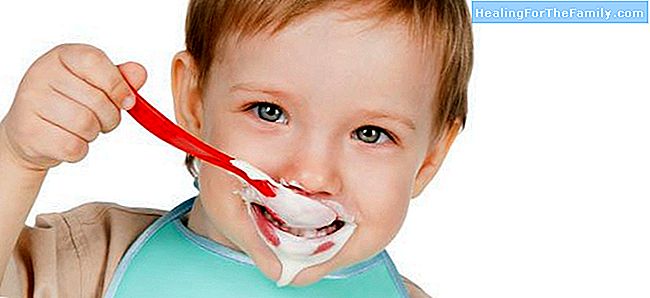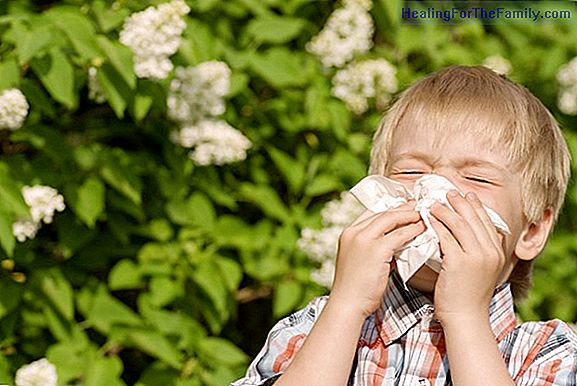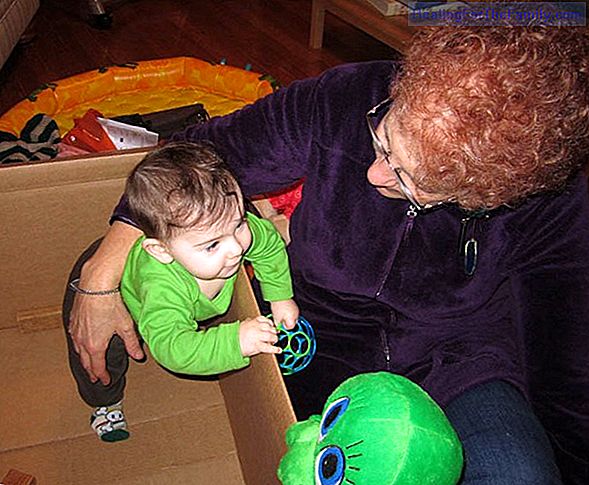Probiotics in infant feeding
Probiotics have been on the market for decades, but from then until now, the variety of probiotic strains, as well as the diversity of foods that contain them, have grown like foam. In particular, products aimed at children are increasingly varied and numerous. Are probiotics beneficial for children
Probiotics have been on the market for decades, but from then until now, the variety of probiotic strains, as well as the diversity of foods that contain them, have grown like foam. In particular, products aimed at children are increasingly varied and numerous.
Are probiotics beneficial for children, or is it just a myth?
What are probiotics and why should children consume them?

According to WHO, probiotics are live microorganisms that, when they are supplied in adequate amounts, promote benefits in the health of the organism. In particular, one of the main functions of probiotics is to maintain the balance in the intestinal microflora.
The bacteria present in the gastrointestinal tract are in direct communication with the immune system, so that if the microflora suffers damage, it directly affects the body's defenses pon, putting them at risk. It is believed that the microflora is established definitively around 2 years. Therefore, in the first years of the life of a child, with its immune system still forming, and its microflora little by little establishing itself, any setback can affect.Research in recent years shows that probiotics can be beneficial for many diseases, mainly gastrointestinal, and especially to strengthen the immune system when it is damaged.
Benefits of probiotics for children Tras 1. After the administration of a cycle of antibiotics, the intestinal microflora is seriously damaged, so that the possibility of contracting a secondary infection is high. Probiotics, in general,
can help recover this intestinal microflora
and therefore decrease the risk of secondary infections, helping the immune system. 2. They are also beneficial in diarrheal episodes, especially those whose origin is bacterial and those caused by the antibiotic cycle itself, being convenient to consume them at the same time as the antibiotic itself, in order to avoid the appearance of the diarrhea episode itself . In the case of children, who often fall ill frequently in the first years, it may be advantageous to consider probiotics as an aid for their recovery, although no improvement has been observed in the health of healthy children who use them regularly. . 3. Certain probiotics also have benefits for lactose intolerant children, since they soften the symptoms and help the digestion of lactose, so they are an interesting alternative to keep dairy products, so rich in calcium, in the diet of the lactose intolerant child.
4. Some studies suggest that probiotics also protect against
neonatal necrotizing enterocolitis
, a quite serious disease whose cause is still unknown, in which the tissues of the wall of the gastrointestinal tract begin to swell and die. In this case, supplementation with probiotics in preterm babies born with more than 1.5kg of weight significantly decreases the appearance of this disease and also decreases its aggressiveness. However, the variety of probiotic strains is broad, and each of them or their combinations may have different properties, so it is not convenient to generalize about the benefits they can provide. It is also important to differentiate dairy products with probiotics from yoghurts, since the same properties are not attributed to them.












